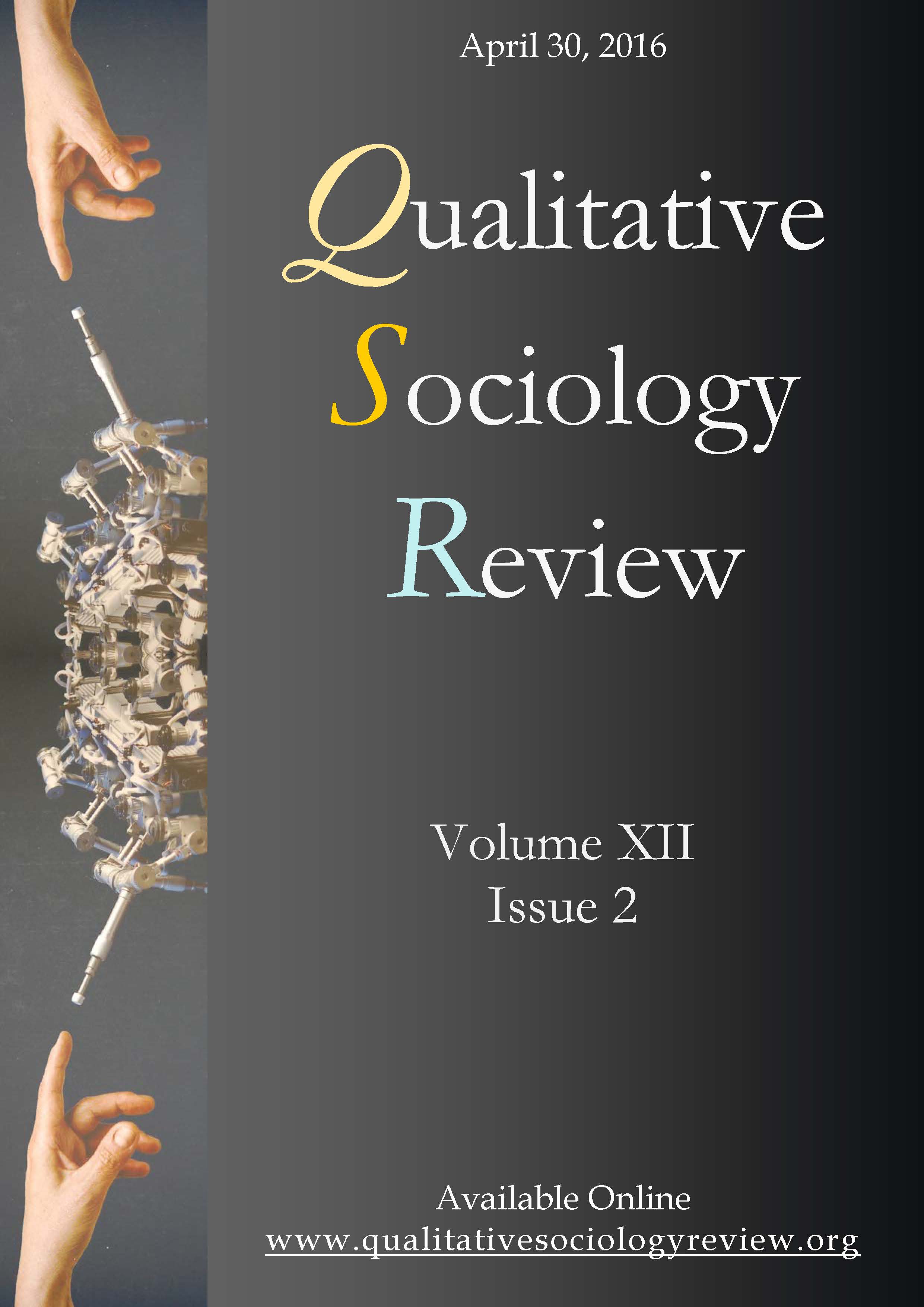Healthcare Innovation—The Epital: An Ethnographic Study of a Unique Way of Organizing Healthcare Innovation
DOI:
https://doi.org/10.18778/1733-8077.12.2.05Keywords:
Healthcare Innovation, Informal and Inter-Organizational Network, Network, Innovation, Organization, EthnographyAbstract
There is an ongoing debate about how best to organize healthcare innovation. This article introduces and illustrates an alternative way of doing so by studying an emerging informal and inter-organizational network (IION) in practice. Taking an ethnographic research approach, the authors propose the concept of a potluck feast to de-scribe the nature of an IION and the dynamics within it. The relationship between the project and the actors is explored by introducing Steven Brown’s reading of Michel Serres’ concept of the parasite. The unique way of organizing healthcare innovation studied in the article involves an open, sharing approach, where everyone makes themselves an open resource for the project and where the contribution is determined by the actors’ own motivation rather than regulated by a formal setup and contracts. The article argues that the ethnographic research approach is useful to explore the emergence and dynamics of IIONs. In this way, this article contributes to the field of healthcare innovation and how to organize it, and may inspire those who are already in or intend to study this field.
Downloads
References
Bonde, I.E. 2012. “Efter besættelsen: Occupy – Hvad nu?” Retrieved May 11, 2014 http://magasinetkollaps.dk/?p=1258
Google Scholar
Brown, Steven D. 2002. “Michel Serres: Science, Translation, and the Logic of the Parasite.” Theory Culture Society 19(3):1-27.
Google Scholar
DOI: https://doi.org/10.1177/0263276402019003001
Brown, Steven D. 2013. “In Praise of the Parasite: The Dark Organizational Theory of Michel Serres.” Informática na Educação: teoria e prática 16(1):83-100.
Google Scholar
DOI: https://doi.org/10.22456/1982-1654.36928
Despret, Vinciane. 2005. “Sheep Do Have Opinions.” Pp. 360- 368 in Making Things Public, edited by B. Latour, P. Weibel. Cambridge: MIT Press.
Google Scholar
eHealth Task Force. 2012. eHealth Task Force Report – Redesigning Health in Europe for 2020. Luxembourg: Publications Office of the European Union.
Google Scholar
Einhorn, Michael A. 2004. Media, Technology, and Copyright. Integrating Law and Economics. Cheltenham, Northampton: Edward Elgar.
Google Scholar
Isett, Kimberley R. et al. 2011. “Networks in Public Administration Scholarship: Understanding Where We Are and Where We Need to Go.” Journal of Public Administration Research and Theory 21(1):157-173.
Google Scholar
DOI: https://doi.org/10.1093/jopart/muq061
Latour, Bruno. 1987. Science in Action: How to Follow Scientists and Engineers Through Society. Cambridge, MA: Harvard University Press.
Google Scholar
Latour, Bruno. 2005. Reassembling the Social: An Introduction to Actor-Network-Theory. New York: Oxford University Press.
Google Scholar
Latour, Bruno. 2008. En ny sociologi for et nyt samfund – introduktion til aktørnetvæk-teori. København: Akademisk Forlag.
Google Scholar
Popp, Janice K. et al. 2013. “Inter-Organizational Networks: A Critical Review of the Literature to Inform Practice.” Retrieved September 17, 2014 http://www.businessofgovernment.org/sites/default/files/Inter-Organizational%20Networks_0.pdf
Google Scholar
Serres, Michel. 1982. The Parasite. Baltimore, MD: Johns Hopkins University Press.
Google Scholar
Strathern, Marilyn. 1996. “Cutting the Network.” Journal of the Royal Anthropology Institute 2:517-535.
Google Scholar
DOI: https://doi.org/10.2307/3034901
Downloads
Published
How to Cite
Issue
Section
License

This work is licensed under a Creative Commons Attribution-NonCommercial-NoDerivatives 4.0 International License.











